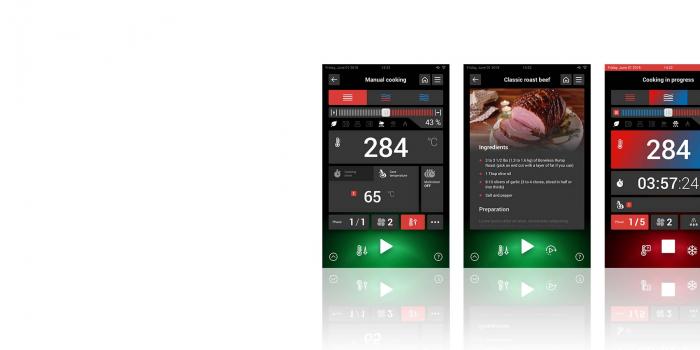Projects involving the many skills we nurture at Studio Volpi, and many digital assets, require the presence of a Digital Project Manager to succeed. This is necessary due to the number of players involved and a time-frame that often spans on months, if not years. We discussed with our Digital Project Manager Fabrizio Gagliardi how to effectively develop a long-term project that absorbs, in different stages, our teams, from Engineering to Design and Branding.
Who is the Digital Project Manager?
First of all, let’s discover who is a Digital Project Manager and what makes this expert different from a Project Manager.
"The main aspects of my job are very similar to those of a Project Manager, but I have very specific tasks related to the Digital layer of my job. For example the continuous evolution that digital disciplines require: from the software adopted to the format of the output, to intangible assets such as methodologies and new standards, everything changes quickly.


As those aspects influence the mindset, an ever-evolving attitude proved to work well in digital-only projects, such as our long-lasting collaboration with HUB Parking Technology . This attitude is even more interesting and challenging when applied to wider projects such as the redesign of a range of professional ovens and the development of an IoT platform for the American foodservice equipment company Alto Shaam, where all the digital skills had to coordinate with physical activities”.

Brief or unique need?
Once clear the specific ability of the Digital Project Manager, let’s have a look at the activities this expert carries out during a project.
Everything starts with that very topical moment that precedes the development of the project: the definition of the brief. Our mission is not to wait for a perfect and complete brief from the client, but to work with them to build one that accurately considers their main needs: only through the full comprehension of the need we can develop a successful service or project.
As strategic partners, we are required to ask the right questions to define the primal need of the company we are working with. In particular with organizations that are expanding in a new market, or launching a new product or brand, there is always a strong need, but often it’s not that explicit.
“Our mission is to unveil the need and therefore build a brief with the client that is based on that specific necessity”, explains our Digital Project Manager. “In the conversations with the client it’s also important to detect possibile limitations, be them technical, strategical, related to the production line, or to challenges in the market".
The challenge the Digital Project Manager faces in this first stage of the project is to understand the long term vision of the client and to facilitate the definition of a shared plan. A profound awareness of the technical aspects is also required during the initial steps of the partnership.
"Thanks to our experience, at Studio Volpi we can offer clients an added value: we can easily integrate into the clients’ team and fully support them. We can do so through activities to help us create a shared knowledge, such as workshops, but also joining the client in their workspace and working together for a few days”.

Integrating competences
Let’s fast-forward to the actual development phase. Working on a complex project that goes from the definition of a need to a product on the market, means integrating different competences and skills. Here the Digital Project Manager plays a crucial role as he or she has to understand what are the teams to involve at the different stages of the project. The Project Manager should also define a methodology that integrates well with the habits of the client. During the years at Studio Volpi we have adopted lean, agile, waterfall, Kanban frameworks, to name a few, in order to seamlessly integrate into our clients’ workflow.
The Project Manager is also the link between the many players involved: our team at Studio Volpi, the client and suppliers.
-

-

-

Prospettive Mar 30, 2020
KITCHEN 4.0: HOW DIGITALIZATION IS CHANGING THE RULES
Technological updating and the integration of an interconnected soul are turning modern professional kitchens into a perfect example of the 4.0 industry, where the product and its super digital powers become a tool to improve working conditions, enhance productivity, monitor the processes to achieve better results and create new business models






